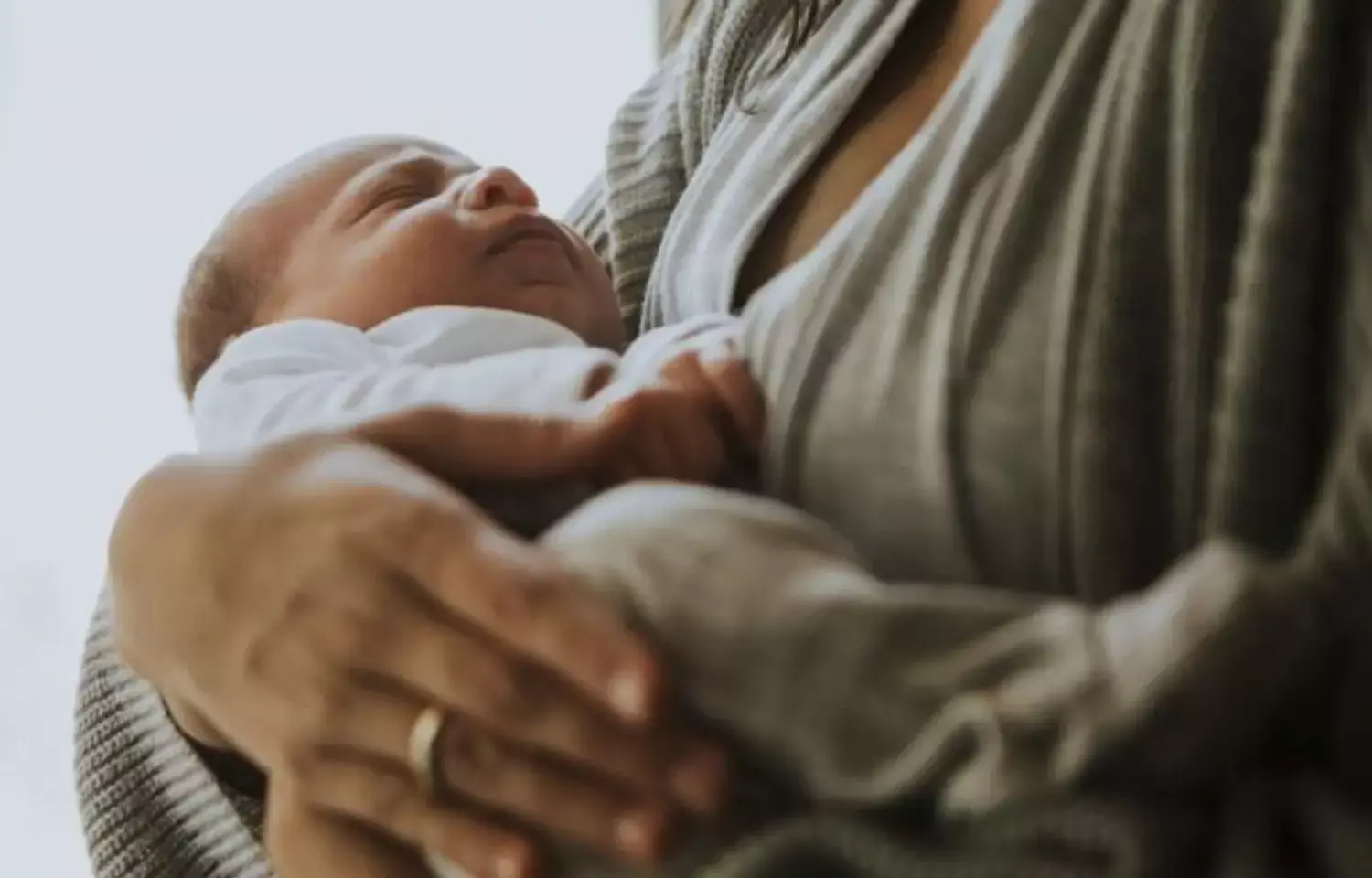- Home
- Medical news & Guidelines
- Anesthesiology
- Cardiology and CTVS
- Critical Care
- Dentistry
- Dermatology
- Diabetes and Endocrinology
- ENT
- Gastroenterology
- Medicine
- Nephrology
- Neurology
- Obstretics-Gynaecology
- Oncology
- Ophthalmology
- Orthopaedics
- Pediatrics-Neonatology
- Psychiatry
- Pulmonology
- Radiology
- Surgery
- Urology
- Laboratory Medicine
- Diet
- Nursing
- Paramedical
- Physiotherapy
- Health news
- Fact Check
- Bone Health Fact Check
- Brain Health Fact Check
- Cancer Related Fact Check
- Child Care Fact Check
- Dental and oral health fact check
- Diabetes and metabolic health fact check
- Diet and Nutrition Fact Check
- Eye and ENT Care Fact Check
- Fitness fact check
- Gut health fact check
- Heart health fact check
- Kidney health fact check
- Medical education fact check
- Men's health fact check
- Respiratory fact check
- Skin and hair care fact check
- Vaccine and Immunization fact check
- Women's health fact check
- AYUSH
- State News
- Andaman and Nicobar Islands
- Andhra Pradesh
- Arunachal Pradesh
- Assam
- Bihar
- Chandigarh
- Chattisgarh
- Dadra and Nagar Haveli
- Daman and Diu
- Delhi
- Goa
- Gujarat
- Haryana
- Himachal Pradesh
- Jammu & Kashmir
- Jharkhand
- Karnataka
- Kerala
- Ladakh
- Lakshadweep
- Madhya Pradesh
- Maharashtra
- Manipur
- Meghalaya
- Mizoram
- Nagaland
- Odisha
- Puducherry
- Punjab
- Rajasthan
- Sikkim
- Tamil Nadu
- Telangana
- Tripura
- Uttar Pradesh
- Uttrakhand
- West Bengal
- Medical Education
- Industry
Newborns of women with disabilities are at higher risk for birth complications: Study

Canada: Newborns of women with disabilities are at mild to moderate elevated risk of several birth complications, a recent study in the journal Pediatrics has reported. These women may require adapted and enhanced prenatal and preconception care, and their newborns may need extra support after birth.
Previous studies have suggested that offspring of women with disabilities are at increased risk for low birth weight and preterm birth. The factors explaining the relation were not accounted for there, also, neonatal morbidity and mortality were not assessed. Considering this, Hilary K. Brown, University of Toronto Scarborough, Toronto, Ontario, Canada, and colleagues aimed to assess the risk of neonatal complications among women with a disability in a population-based cohort study.
The study consisted of all hospital singleton livebirths in Ontario, Canada from 2003 to 2018. Comparisons were made between newborns of women with physical (N = 144 187), sensory (N = 44 988), intellectual or developmental (N = 2207), or ≥2 disabilities (N = 8823) with 1 593 354 newborns of women without a disability.
Outcomes included preterm birth <37 and <34 weeks, neonatal morbidity, and mortality, small for gestational age birth weight (SGA), large for gestational age birth weight, neonatal abstinence syndrome (NAS), and NICU admission. Relative risks were adjusted for social, health, and health care characteristics.
Key findings include:
- Risks for neonatal complications were elevated among newborns of women with disabilities compared with those without disabilities.
- Adjusted relative risks were especially high for newborns of women with an intellectual or developmental disability, including preterm birth <37 weeks (1.37), SGA (1.37), neonatal morbidity (1.42), NAS (1.53), and NICU admission (1.53).
- The same was seen for newborns of women with ≥2 disabilities, including preterm birth <37 weeks (1.48), SGA (1.13), neonatal morbidity (1.28), NAS (1.87), and NICU admission (1.35).
To conclude, there is a mild to moderate elevated risk for complications among newborns of women with disabilities.
"These women may need adapting and enhanced preconception and prenatal care, and their newborns may require extra support after birth," the researchers suggest.
Reference:
Hilary K. Brown et al, Neonatal Outcomes of Mothers With a Disability, Pediatrics (2022). DOI: 10.1542/peds.2021-055318
Dr Kamal Kant Kohli-MBBS, DTCD- a chest specialist with more than 30 years of practice and a flair for writing clinical articles, Dr Kamal Kant Kohli joined Medical Dialogues as a Chief Editor of Medical News. Besides writing articles, as an editor, he proofreads and verifies all the medical content published on Medical Dialogues including those coming from journals, studies,medical conferences,guidelines etc. Email: drkohli@medicaldialogues.in. Contact no. 011-43720751


